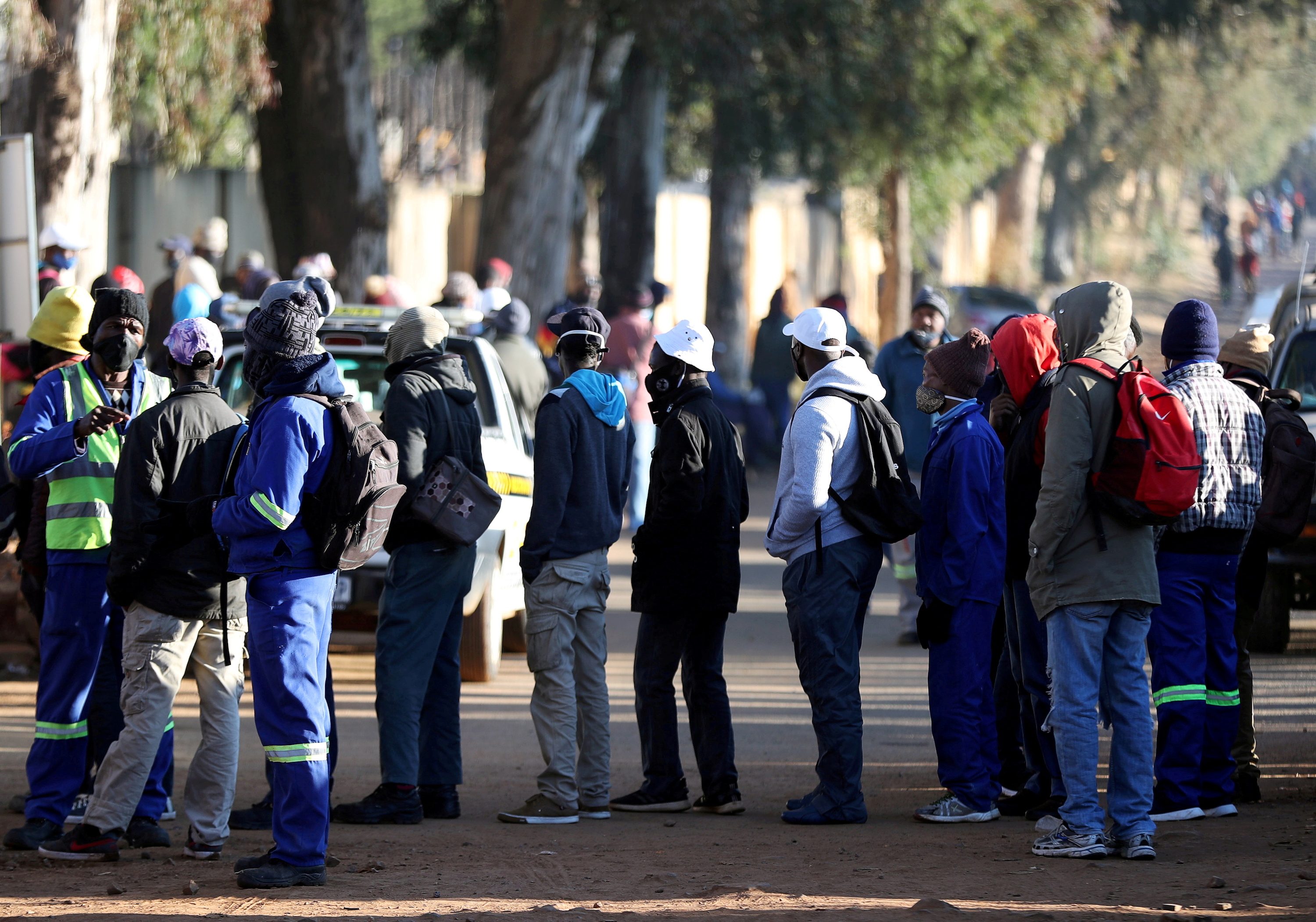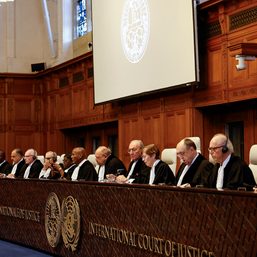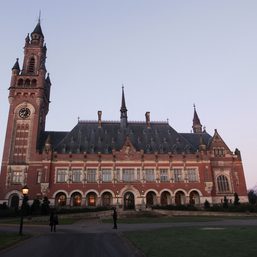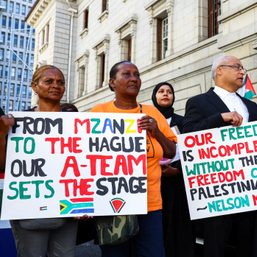SUMMARY
This is AI generated summarization, which may have errors. For context, always refer to the full article.

South Africa’s low economic growth and rising debt burden could see socioeconomic tension intensify and impede policy reforms, ratings firm Moody’s said in a research note on Tuesday, May 18.
The note, an extract from the credit firm’s annual report published on Monday, May 17, said South Africa’s credit profile was balanced, with its low level of foreign currency debt and strong core of institutions counting in its favor.
“Credit challenges include structurally very weak growth and a high government debt burden that will continue to rise without comprehensive economic and fiscal reforms,” Moody’s said.
“Socioeconomic inequalities also intensify tensions that drive political risk and complicate policy efforts.”
Moody’s decided this month against making any decisions on the country’s credit ratings, currently two levels deep into subinvestment, at Ba2 with a negative outlook.
The two other major ratings firms, Fitch and S&P, also rate the country deep into junk. S&P is due to give its credit review on Friday, May 21. The last slew of downgrades came late in 2020, but the February budget, heavy on spending cuts, has eased concerns.
Moody’s South Africa analyst Lucie Villa told Reuters in an interview reforms would likely be piecemeal, with big policy changes by President Cyril Ramaphosa constrained by deep wage inequality and social and political contestation.
“A big reform plan is not on the agenda, at least not until after elections in October,” Villa said. “It’s a highly polarized society…that’s why you’ve seen some reform inertia.”
South Africa has one of the world’s highest levels of income inequality, especially between Blacks and whites. This is partly because of decades of apartheid rule, which ended in 1994, and more recently an effect of government corruption and slow policy reforms.
On top of rising poverty and record-high unemployment, made worse by COVID-19, inequality has regularly led to often violent protests against the government.
In March, one person was killed when university students protesting against high fees clashed with police. Public sector unions have vowed nationwide strikes over the government’s plan to freeze their wages for three years.
“The wage bill is key,” Lucia said. “We have to wait and see. But there’s never a development or reform in South Africa that happens in a few weeks or months.”
The economy, already in recession before the coronavirus pandemic struck in March 2020, shrank by a record 7% last year. State debt is nearing 90% of gross domestic product. – Rappler.com
Add a comment
How does this make you feel?





There are no comments yet. Add your comment to start the conversation.